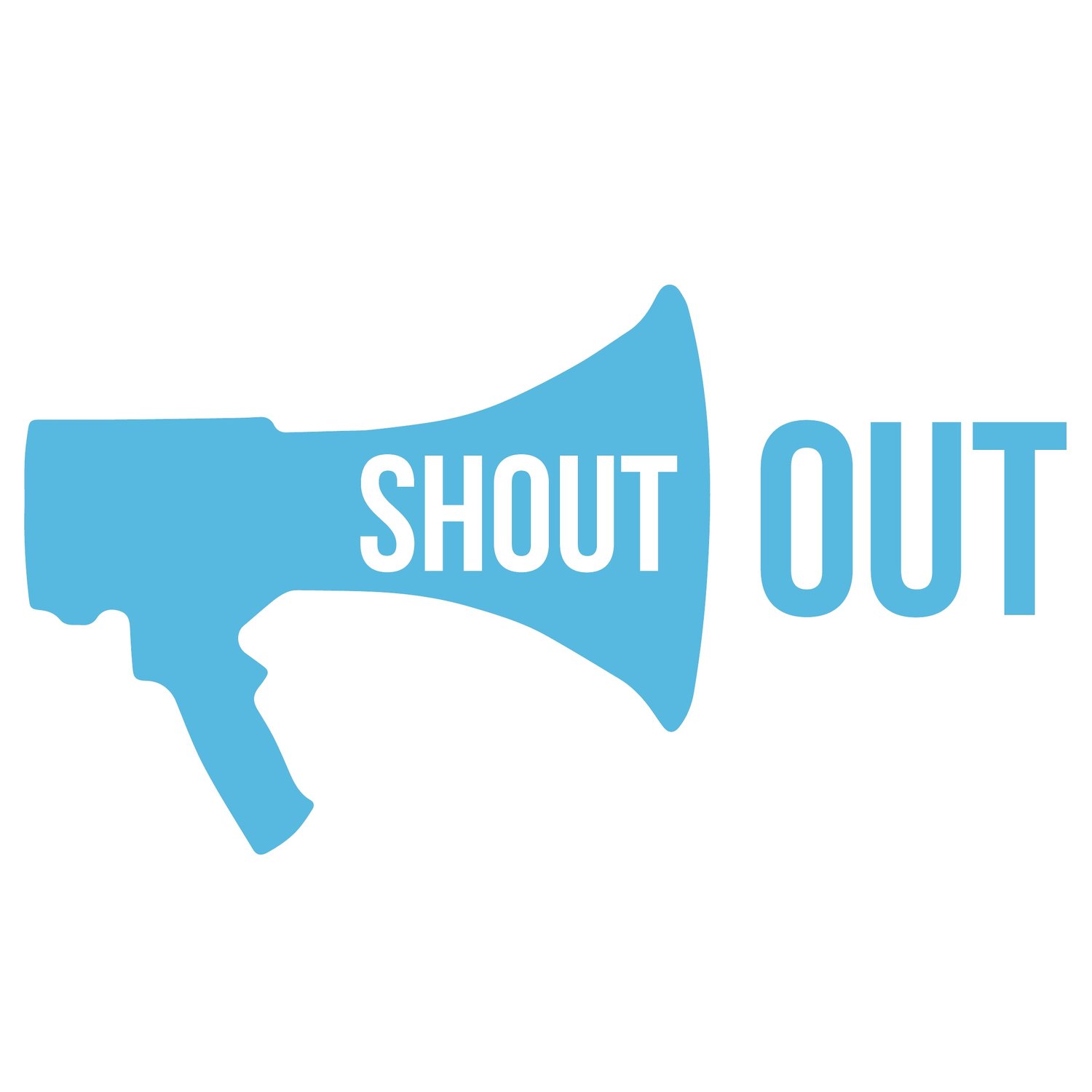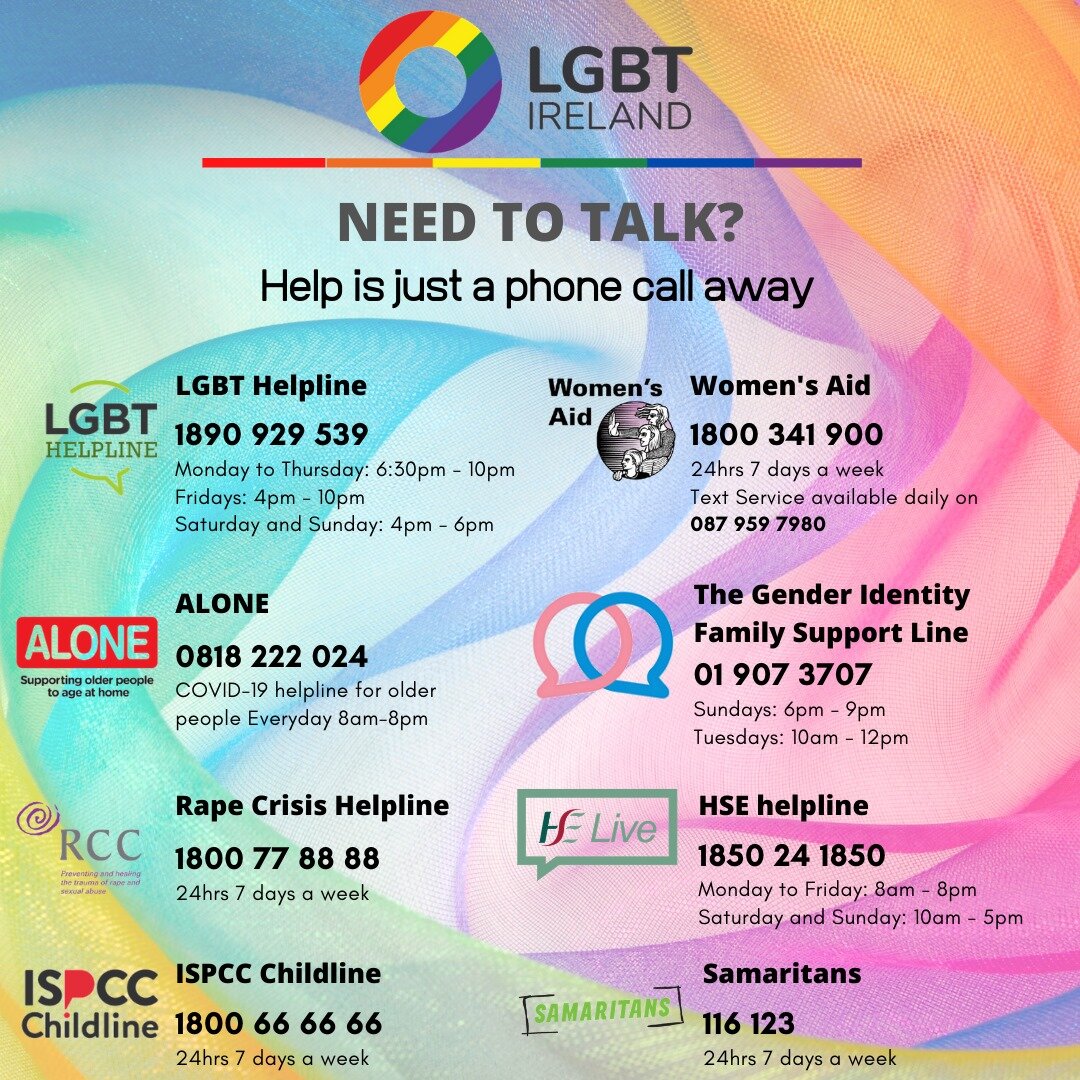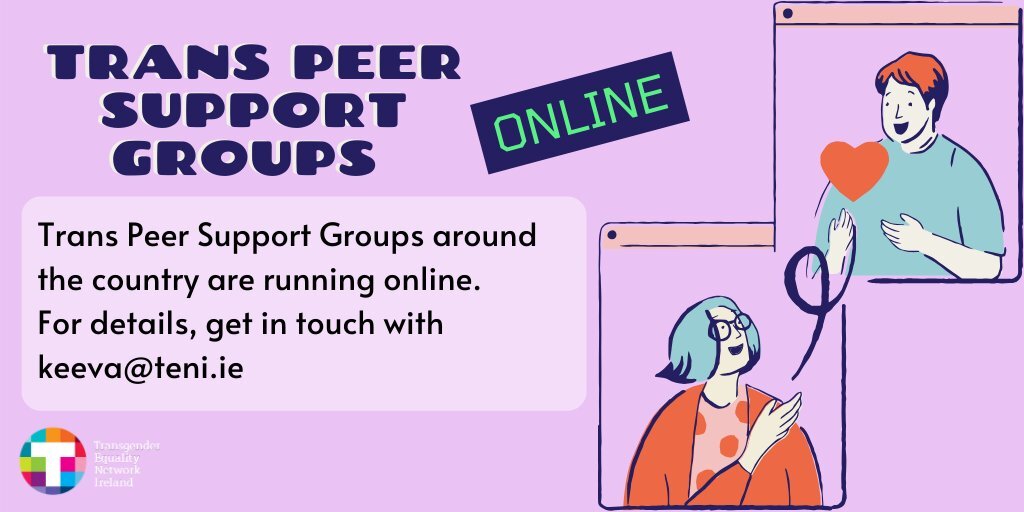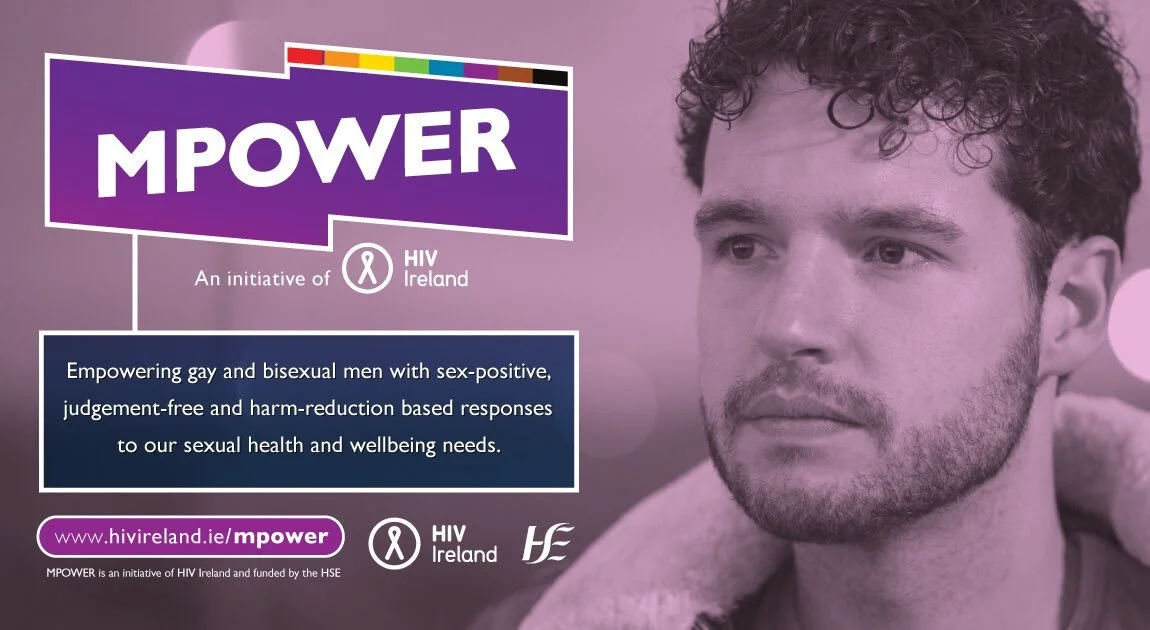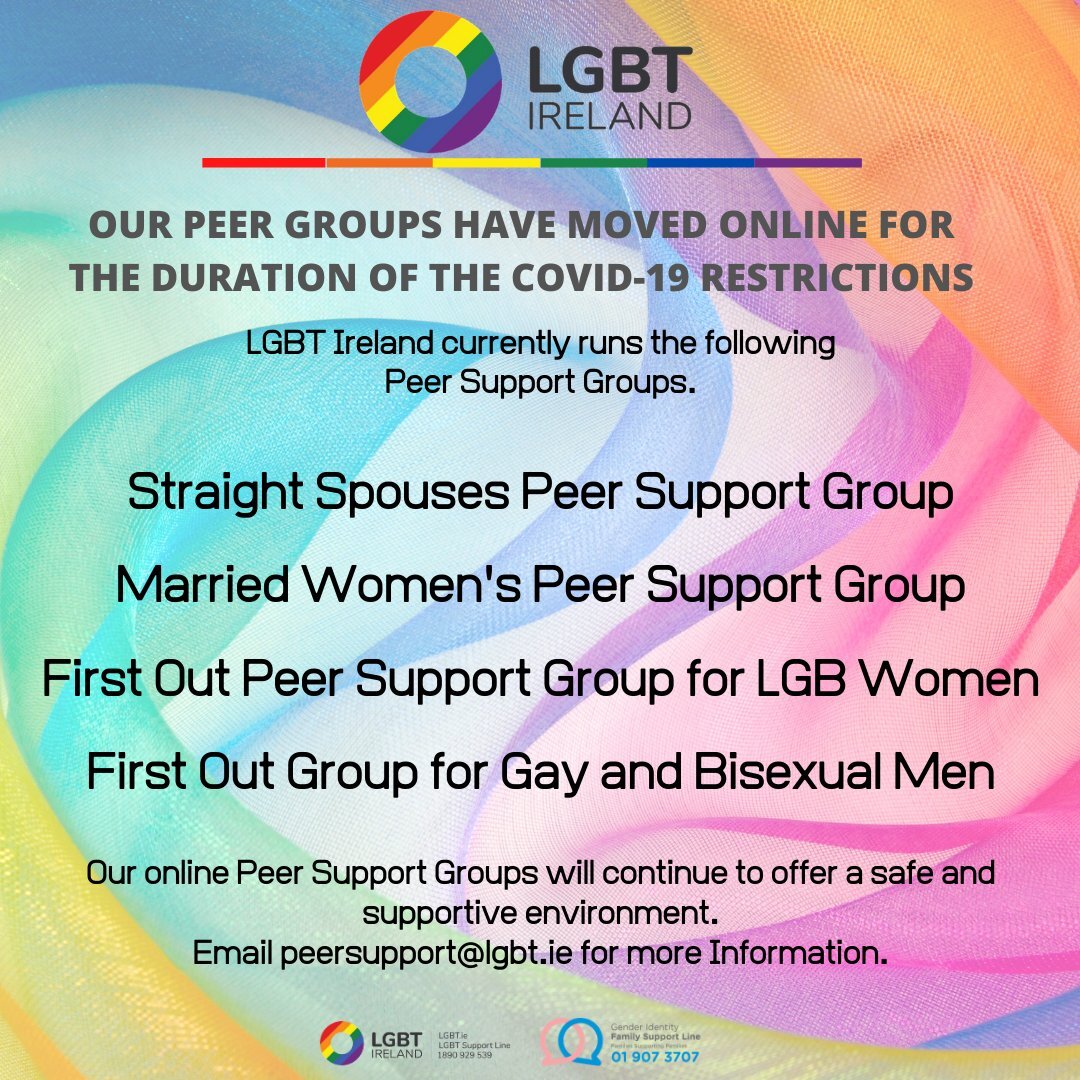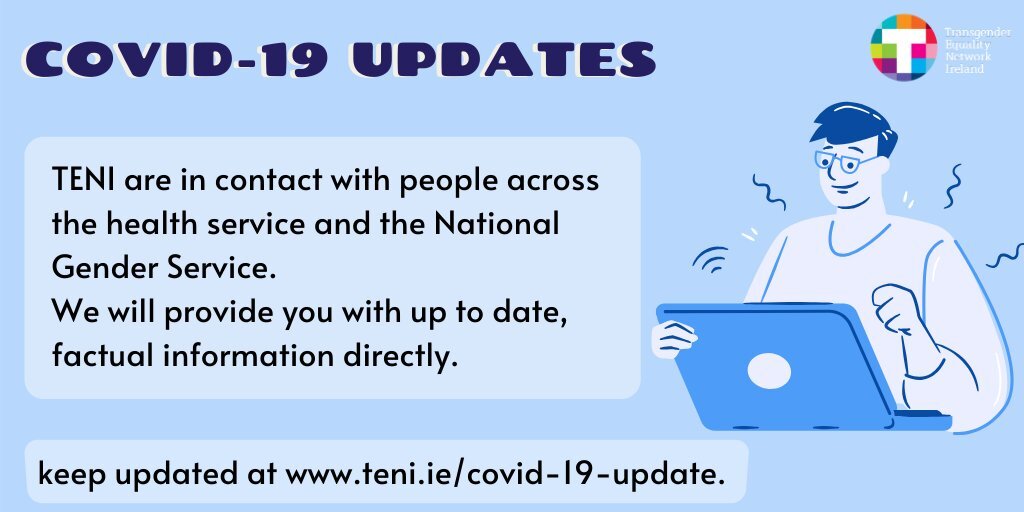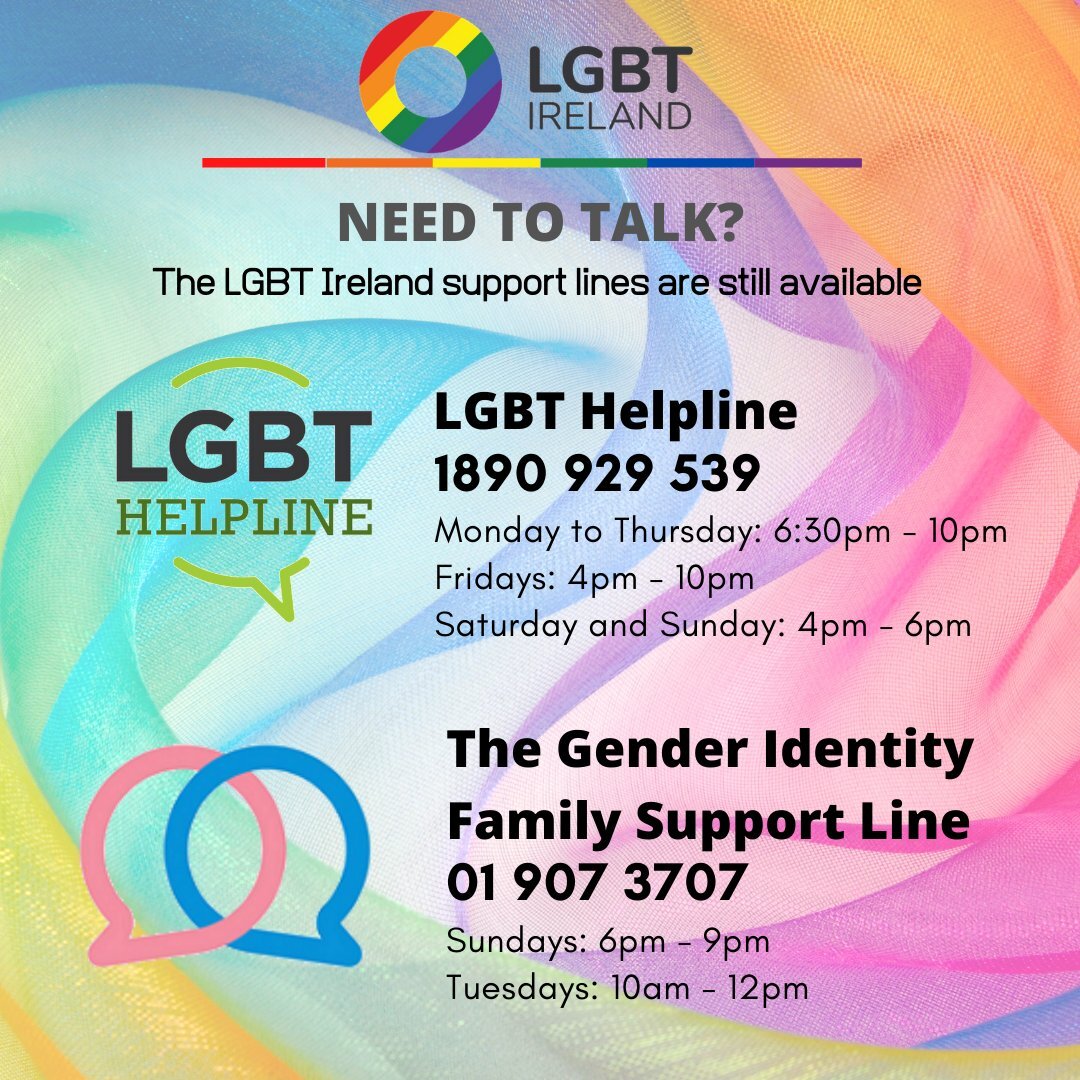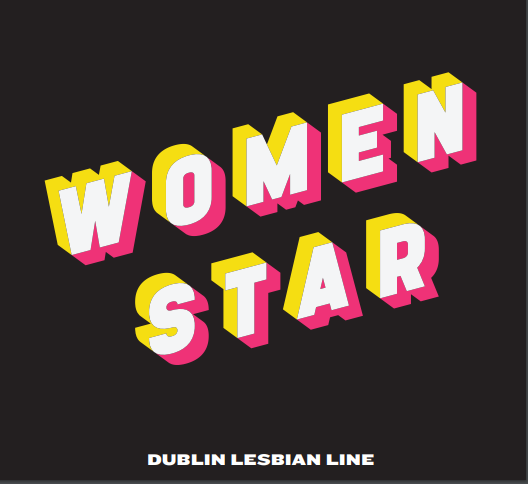LGBTQCOVID-19: How the pandemic is affecting our community
/IMAGE COURTESY OF LGBT IRELAND
COVID-19 is affecting us all. Our mental and physical health is suffering from the effects of isolation and anxiety induced by the pandemic. Many of us are grieving for loved ones or concerned about family and friends on the frontline. For those in marginalised or disadvantaged groups, the effects of the crisis are particularly severe. In this blog, we take a look at some of the ways LGBTQ+ people are affected by what’s happening.
It’s important to note that many of the worst affected members of our community will be those living in Direct Provision, those experiencing homelessness, those in residential care facilities, and those in prison. LGBTQ+ members of the Traveller community face worse health outcomes than the general population, as well as stigma in accessing healthcare and inadequate housing provision.
Quarantining with unaccepting families
Young people are being forced to quarantine in homes where they may not be able to come out, or may have been rejected on the basis of their identity. For many young people, this means re-entering the closet or postponing a decision to come out. The effect this has on a young person’s mental health can be disastrous. UK Charity the Albert Kennedy Trust recommended that young people hold off on coming out while in quarantine settings, for fear of rejection and potential homelessness. Those under the age of 18 with limited financial and legal independence are at particular risk, but many LGBTQ+ adults have also been forced to return home from jobs or study to their families, disrupting what may have been a more open life away from home. Their safety and identity are at risk from families who may be openly rejecting of their identity, or may police their expression.
Isolation from chosen families and community
For many LGBTQ+ people, the crisis has taken them away from their supportive friends, or chosen family, - whether it’s close schoolmates, friends from a youth group, or a broader social circle, young LGBTQ+ people in particular often depend on friends for kinship and acceptance. Even where a young person may be accepted at home, the lack of shared experience and identity furthers isolation as they struggle to relate to those around them. Online connections, where possible, can serve as some solace, but many still miss the physical community and space. Why is this important in the LGBTQ+ context? LGBTQ+ people experience higher levels of adverse mental health and substance misuse than their cisgender and heterosexual counterparts, both of which can be accentuated by loneliness and isolation. For older people, the challenges are particularly significant - they too may be with unaccepting family, cocooning alone, or in residential care where their needs may not be fully met. ALONE are doing great work in supporting older people across the wider community.
Domestic abuse
Domestic abuse is on the rise in isolation (by approximately 30% in some locations), and LGBTQ+ people are already at higher risk from domestic abuse by partners and family members. While charities and service providers in the sector do remarkable work, Ireland lacks a dedicated LGBTQ+ domestic abuse support service and many are reluctant to contact a more general service for fear their problems will be misunderstood.
Trans healthcare
COVID-19 has added complications to an already difficult-to-navigate healthcare system for trans people in Ireland. The National Gender Service is continuing to fill prescriptions and offer virtual clinics, but many trans folk are now obliged to self-administer hormones, often for the first time. Our wonderful friends TENI have advice on the safest ways to do this, but it’s important to note that this process is particularly difficult, again, for those at home with unsupportive family who may be unwilling to help them safely administer their hormones.
Sexual health
Sexual health drop-ins like the GMHS are currently closed due to coronavirus - leaving it difficult for LGBTQ+ people to access crucial services including testing, counselling, and PrEP monitoring. PEP is still available via emergency departments and PrEP prescriptions still being issued - advice is to contact your provider for details. HIV Ireland continues to offer remote supports for people living with HIV and are providing updates for all sexual health services here. The MPOWER team have detailed advice for gay and bisexual men.
Income and employment insecurity
HRC report that LGBTQ+ people are overrepresented in some of the industries worst affected by COVID-19 closures, including the arts and hospitality. These industries have been decimated by measures, and while some employees can avail of Revenue schemes for financial support, it’s a particularly difficult time for freelancers and artists. Consider donating to one of the artist relief funds, buying merch or prints from an artist you love, or vouchers and takeout from your favourite queer-owned/staffed business to ensure they can reopen when the time comes.
The global community
As COVID dominates the headlines, some pretty awful things happening to the LGBTQ+ community around the world have gone under-reported. Some authorities are even using the crisis as an excuse to target marginalised groups. For example, Hungary has brought in a bill that would make it impossible for people to get legal gender recognition. In Uganda, police arrested 23 LGBT people who were sheltering together on charges of spreading COVID-19. These people were homeless.
In fact, in some places, COVID-19 is being blamed on marriage equality! And the contract tracing in some countries require all past sexual partners, thereby outing those in countries where it is not safe. We hope for safety for our brothers, sisters and siblings around the world. We may experience a form of survivor guilt because of the prosecution of our community across the globe.
LGBTQ+ charities and community groups are rising to the challenges presented by lockdown to support the most vulnerable in our community. Here’s how:
TENI continue to offer virtual peer support groups and regular updates on changes to trans healthcare services happening because of COVID-19
Cara-Friend are working with HereNI to protect vulnerable women and girls from domestic abuse
BeLonGTo have moved many of their youth groups and supports with Pieta House online
LGBT Ireland volunteers continue to operate their dedicated phone lines for LGBTQ+ folks
The INTO LGBT+ group are running their Different Families, Same Love competition - see how you can enter here
Outhouse are offering a weekly check in for older LGBTQ+ people and those who live alone
Dublin Pride are working to organise a Digital Pride as the parade has been cancelled - so this way we can still come together while keeping our community safe
Dublin Lesbian Line are bringing us together with quizzes, discussions and a brilliant new podcast, WOMEN STAR
Amach LGBT, LINC and Cork Gay Project are running virtual drop-ins and support networks
TransgenderNI are working on hate crime legislation in Northern Ireland and maintaining communication with the community about updates to healthcare during the pandemic
The legends at GCN are keeping us informed and entertained with #stayathomo, #GaylyPicks, and their excellent #InAndOut video series.
